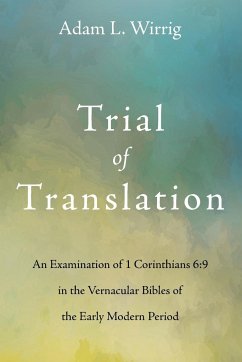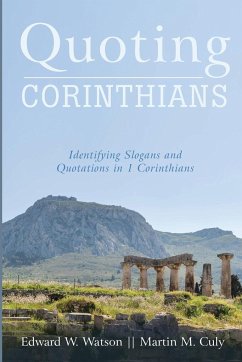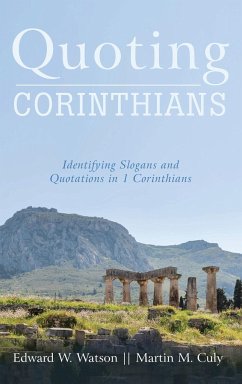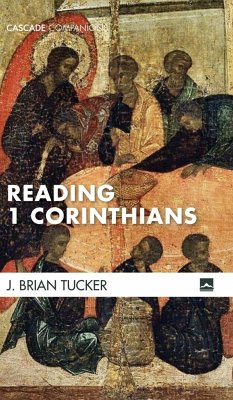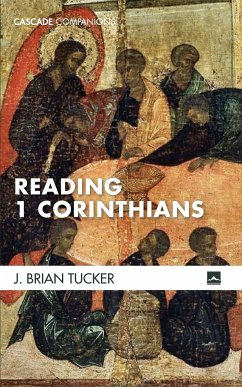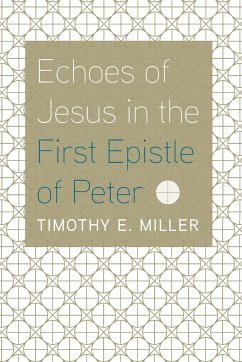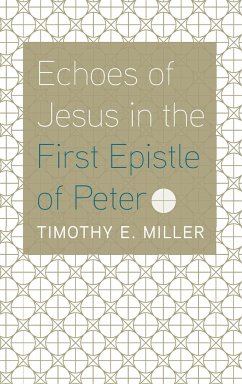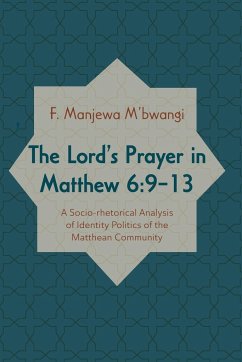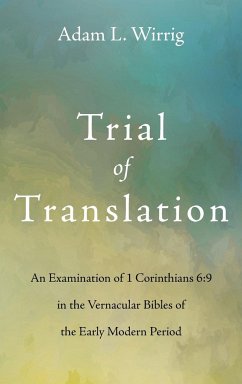
Trial of Translation
Versandkostenfrei!
Versandfertig in 1-2 Wochen
33,99 €
inkl. MwSt.
Weitere Ausgaben:

PAYBACK Punkte
17 °P sammeln!
Did the Bible transition from the medieval Vulgate to the vernacular forms of the Protestant Reformation? What about from Erasmus's Greek text? Were there significant differences in the various vernacular Bibles of the Protestant Reformation? How did this or didn't this come to be? Utilizing the unique Greek text of 1 Corinthians 6:9, this book explores the relationships between culture, location, theology, and the art of biblical translation within the Protestant Reformation. Far from a simplistic transition from their previous forms, this work details the differences even one singular text o...
Did the Bible transition from the medieval Vulgate to the vernacular forms of the Protestant Reformation? What about from Erasmus's Greek text? Were there significant differences in the various vernacular Bibles of the Protestant Reformation? How did this or didn't this come to be? Utilizing the unique Greek text of 1 Corinthians 6:9, this book explores the relationships between culture, location, theology, and the art of biblical translation within the Protestant Reformation. Far from a simplistic transition from their previous forms, this work details the differences even one singular text of translation might find within the various locales of the early modern period. Ultimately, the text details that, in addition to faithful thought, location, culture, and community necessities drove the art of biblical translation in the Protestant Reformation and early modern period.




